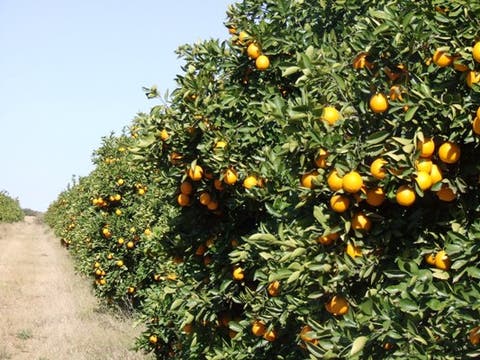Zim citrus fruit sector eyes China
GOVERNMENT says plans are afoot to export citrus fruits to China following the 2021 Citrus Phytosanitary Protocol signed between the two nations.
The protocol was signed in January this year, and for Zimbabwe, it was part of efforts to move away from over-reliance on the South African and European markets.
The Phytosanitary Protocol entails putting in place a cold chain system for fresh citrus fruits exports to China, similar to the one between Zimbabwe and the European Union to manage fruit pests that include the False Codling Moth, which feeds on a wide range of crops from cotton and macadamia nuts to citrus species.
Chinese experts declared False Codling Moth and Natal fruit flies as pests of concern.
Information, Publicity and Broadcasting Services minister Monica Mutsvangwa said there was huge potential to boost trade between Zimbabwe and the Asian country.
“The number of Chinese business people visiting Zimbabwe to explore business opportunities has been increasing. But of late, the numbers have decreased due to travel restrictions triggered by the COVID-19 global pandemic,” she told NewsDay Business recently.
“Zimbabwe and China signed a protocol in 2021 to facilitate export of Zimbabwe citrus fruit products to China. Processes are also underway to facilitate other agricultural products to China.
“There is great scope to increase these trade figures if the trade potential and market access opportunities between our two countries are fully tapped. Zimbabwe flowers have now found a market in China and the demand is growing.”
Fresh citrus exports to China from Zimbabwe will include sweet orange (Citrus sinensis), mandarin orange (Citrus reticulata), grapefruit (Citrus paradisi), lemon (Citrus limon and Citrus aurantifolia) and sour orange (Citrus aurantium).
In 2018, Chinese experts came to Zimbabwe for a pre-shipment inspection of the citrus fields.
The team checked for consistency of the pests associated with citrus in Zimbabwe and also for pack shade adherence as dictated by international standards.
After negotiations, a protocol was signed between the two countries after agreeing on measures to address the concerns around plant biosecurity.
The Asian country has also agreed to provide technical assistance to Zimbabwe regarding fresh citrus exports to the Chinese market.
Mutsvangwa also said the two nations were working on reviewing the Bilateral Investment Promotion and Protection Agreement.
“Zimbabwe and China have a Bilateral Investment Promotion and Protection Agreement (Bippa) entered into in 1998. The two countries are considering reviewing this Bippa to improve its scope in line with new international best practices,” she said.
“China continues to be Zimbabwe’s biggest source of foreign direct investment into such sectors as mining, agriculture, construction, manufacturing, services, transport and tourism.”
Economic co-operation between the two countries is governed within the framework of the joint commission on economic, technical and trade co-operation, whose focus is mainly on trade, investment and infrastructure development.
The 10th session of the joint commission on economic, technical and trade co-operation between the two countries was held in Beijing, China, on March 29 and 30 in 2018.
The joint commission was followed by President Emmerson Mnangagwa’s State visit to China from April 2-6, 2018.
China continues to be a significant trading partner and major source of investment and technology transfer for Zimbabwe.-newsday











